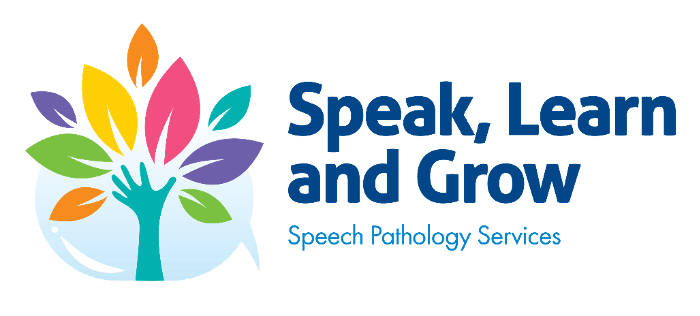Nurturing Bilingualism at Home: Practical Strategies for Parents
Nurturing Bilingualism at Home: Practical Strategies for Parents In our increasingly interconnected world, the ability to speak more than one language is not just a skill but an asset. Supporting your child's bilingual journey at home can significantly enhance their...
Unlocking Reading Success: The Importance of Synthetic Phonics
Unlocking Reading Success: The Importance of Synthetic PhonicsReading is more than just understanding words on a page; it's a gateway to knowledge, imagination, and communication. For many children, learning to read can be daunting, but with the right approach it can...
When Thumb Sucking continues past the Preschool Years
When Thumb Sucking continues past the Preschool YearsThumb-sucking is a normal part of early childhood and initially it may have seemed harmless. However, as time goes on, you may start to wonder about the potential consequences of this behaviour. Is it just a phase...
Enhancing Communication: A Guide for Parents to Foster Conversations with Their Child
Enhancing Communication: A Guide for Parents to Foster Conversations with Their ChildAs speech pathologists, we understand the crucial role that conversations play in a child's development. Whether it's exchanging stories about their day or expressing their thoughts...
The Crucial Role of Early Intervention in Speech Therapy
The Crucial Role of Early Intervention in Speech Therapy Communication is central to human interaction, shaping every aspect of our lives from social relationships to academic and professional success. For individuals experiencing speech and/or language delays or...
How Can I Support My Child with ADHD?
How Can I Support My Child with ADHD? Tips and Strategies for ParentsParenting a child with Attention Deficit Hyperactivity Disorder (ADHD) can be challenging, but with the right support and strategies, it's possible to help your child thrive. ADHD is a...
Embracing Neurodiversity: A Guide for Parents on Affirming Care
Embracing Neurodiversity: A Guide for Parents on Affirming Care In a world that too often focuses on conformity and uniformity, it's important that we celebrate differences and focus instead on the beauty that is found when we listen to neurodivergent people....
The Power of Nursery Rhymes: Boosting Your Child’s Speech and Language Skills
The Power of Nursery Rhymes: Boosting Your Child’s Speech and Language SkillsAs parents, we're always on the lookout for fun and effective ways to support our children's development. From the moment they're born, we eagerly seek out activities that promote their...
Gestures help me communicate better
Gestures help me communicate betterHave you watched a baby or toddler who has very few spoken words communicate with the people around them? Did they point, stretch out their arm to reach, shake their head, put their hand out or even take someone by the hand to where...
What is Stuttering?
What is Stuttering?A stutter is a type of dysfluency that disrupts the normal flow of speech and often presents as unintentional repetitions of speech. Children who stutter can find communicating with others difficult or frustrating and might distance themselves from...










